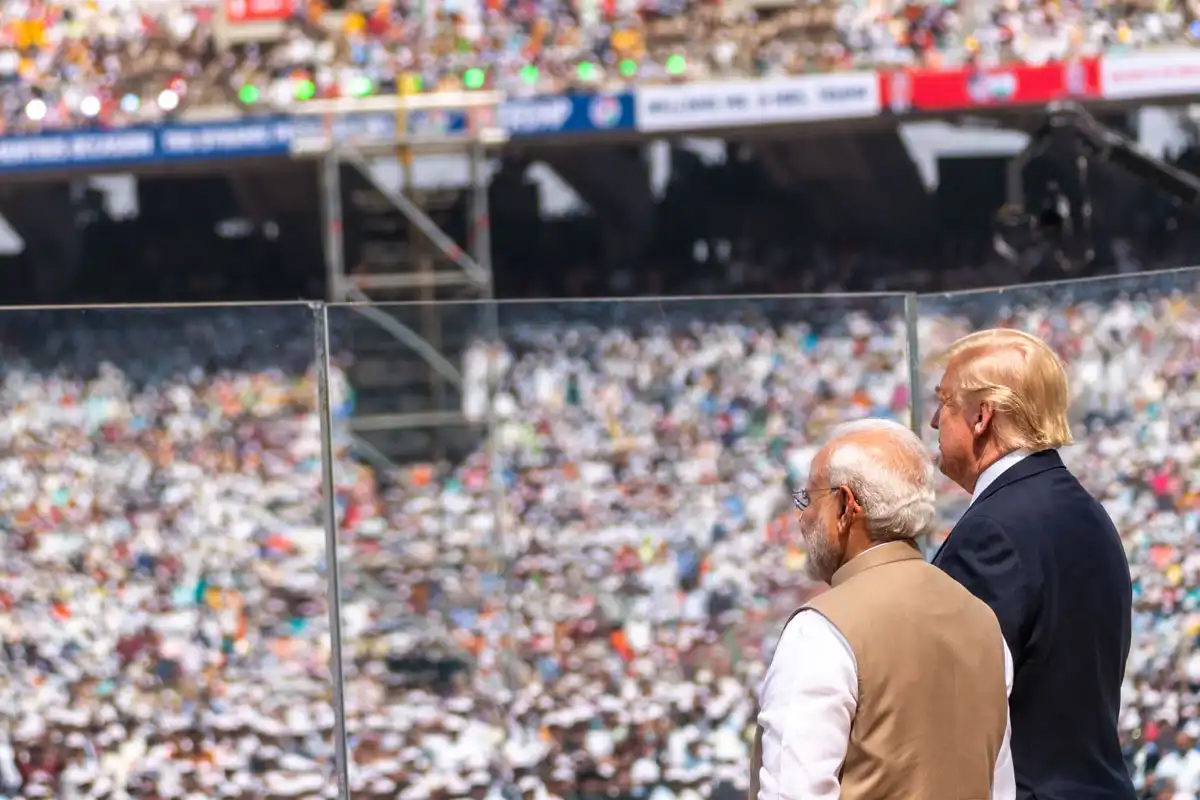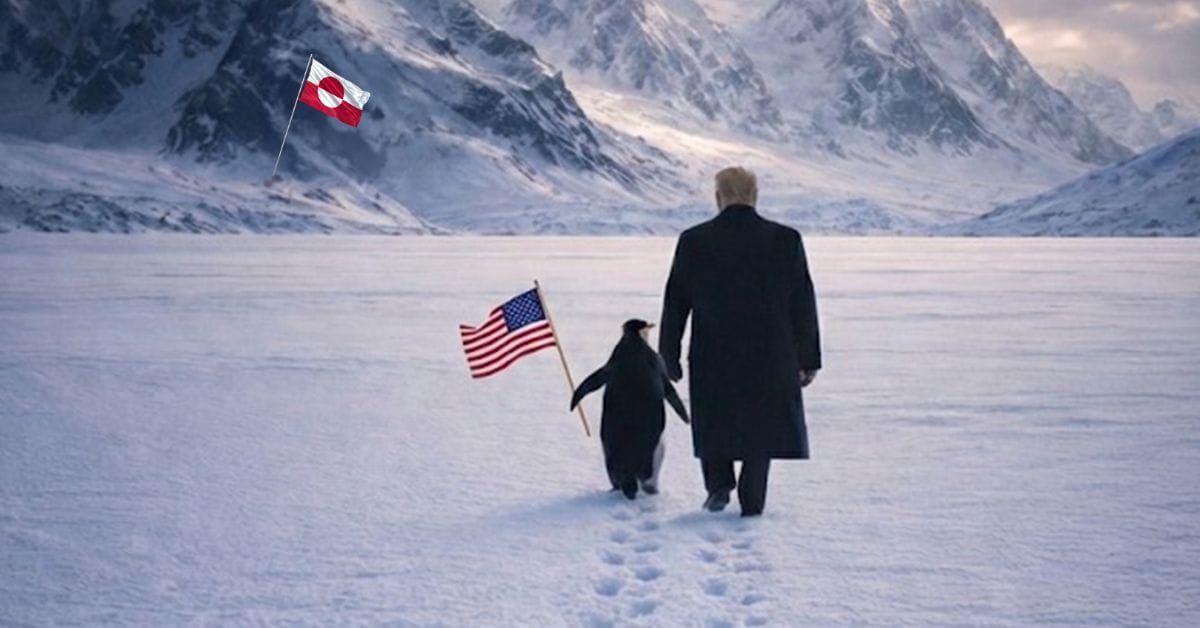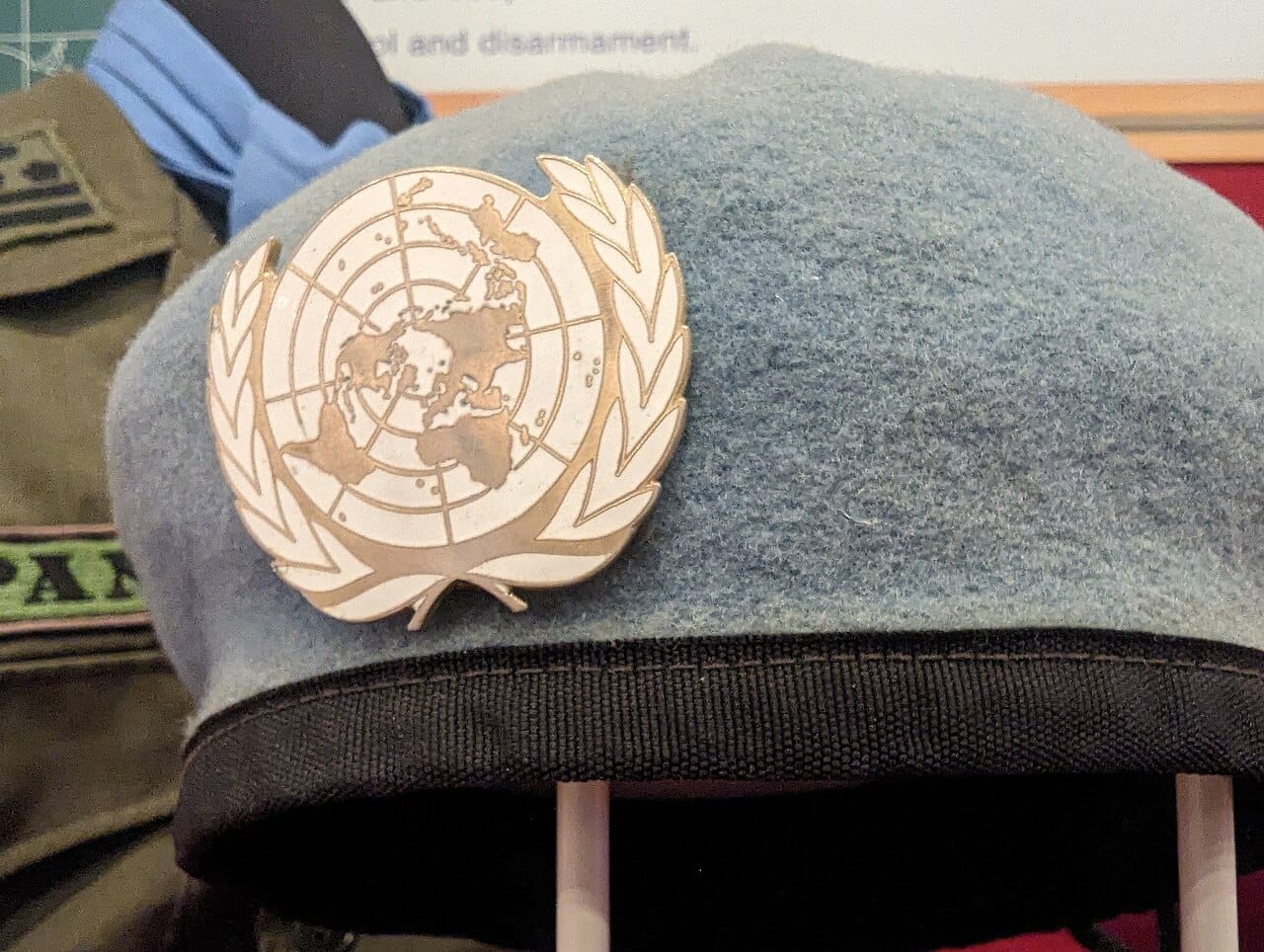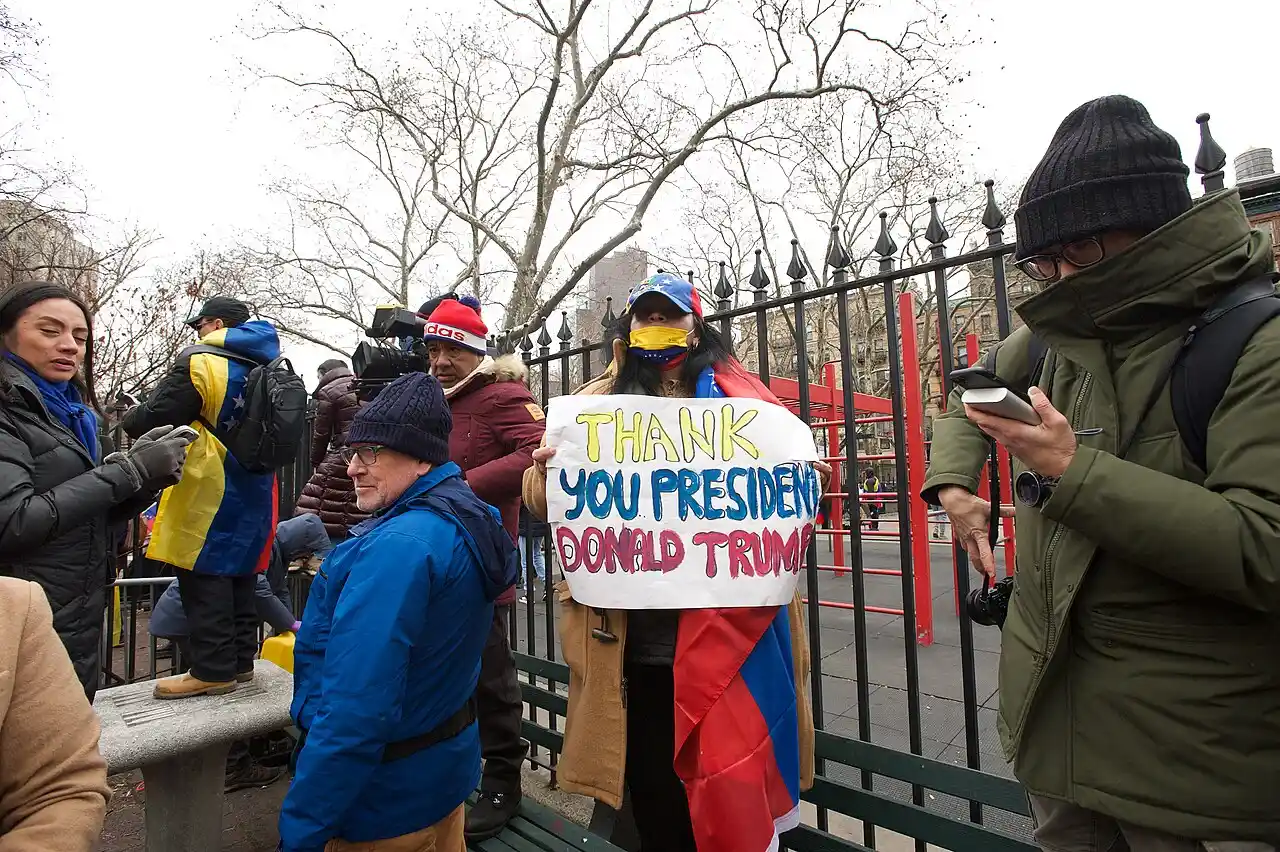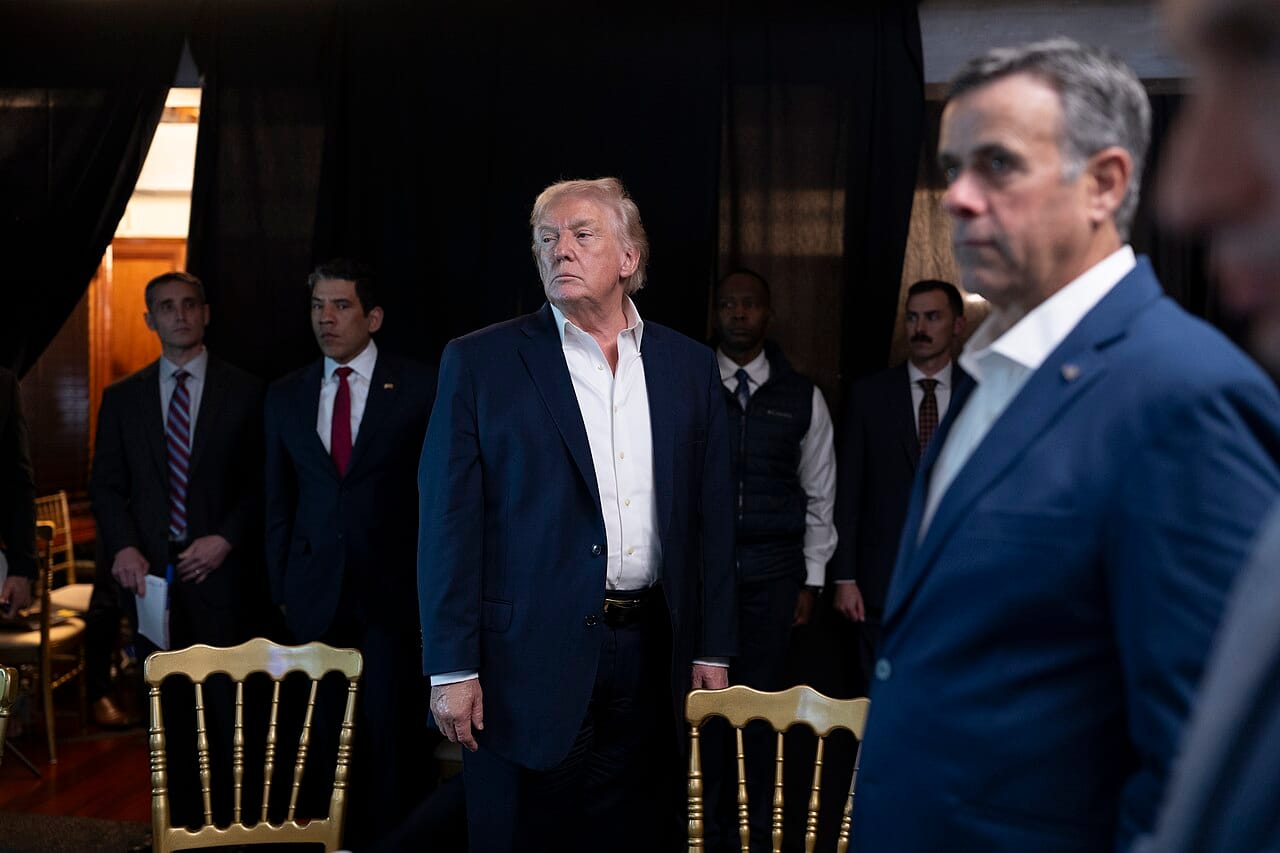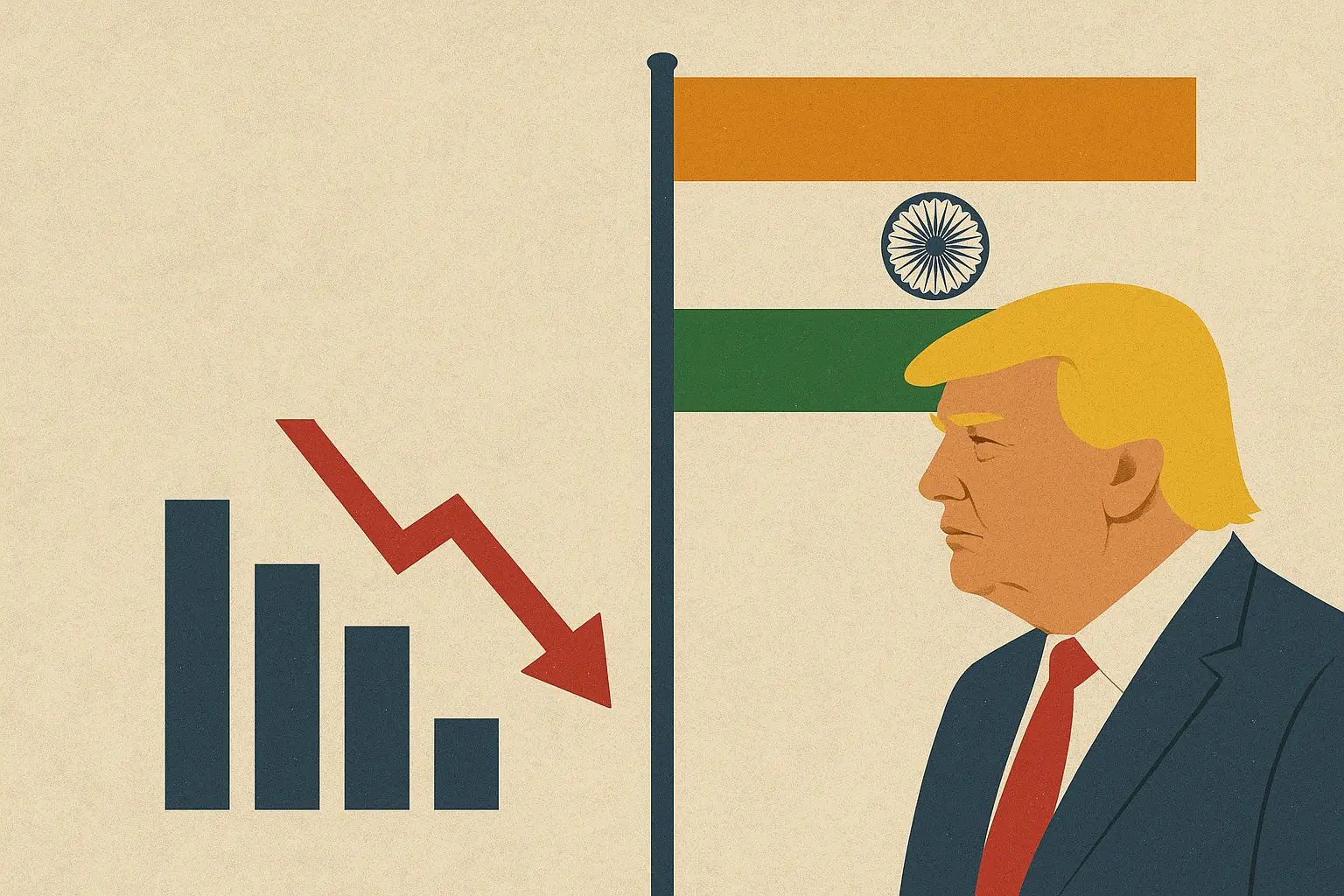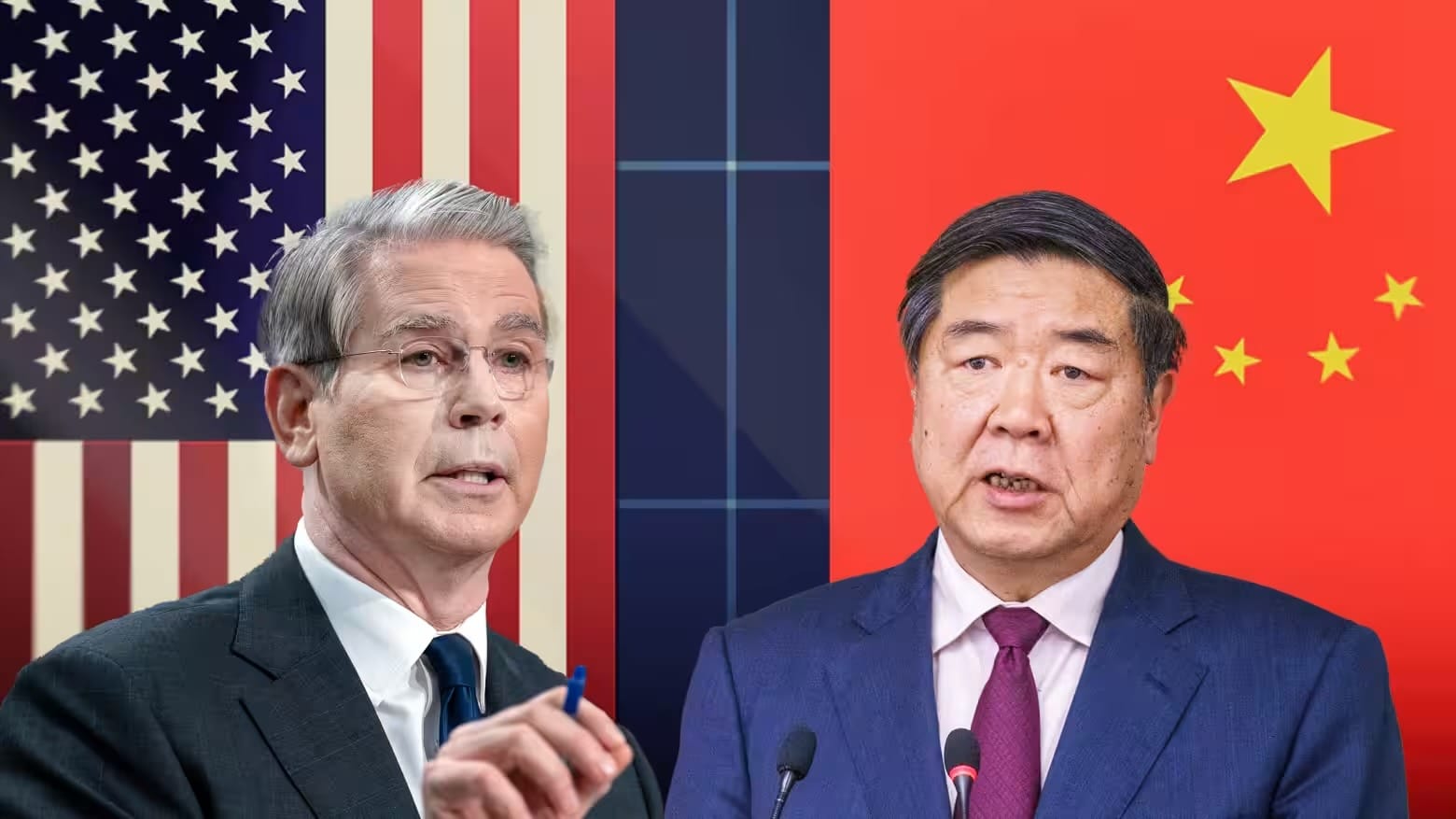In early February 2026, Prime Minister Narendra Modi and U.S. President Donald Trump unveiled an interim framework for a trade agreement, marking an important milestone that goes beyond a simple commercial arrangement: it highlighted a developing economic partnership influenced by both geopolitical factors and market needs. This agreement, which decreases effective tariffs on Indian products entering the American market and enhances reciprocal access, was formulated amid previous trade conflicts and tariff disputes between the two nations
Category: The Americas
Trump’s Greenland Obsession: More of National Security Vulnerability and Less Minerals
President Donald Trump said on January 9 that his administration will take action on Greenland “whether they like it or not,” and this time it seems serious as he pushes to acquire the Danish territory for the United States. After January 3, when Venezuelan leader Nicolas Maduro was ousted from Caracas, the American President is adamant about seizing control of the 836,330-square-mile island of Greenland, which is bigger than Alaska.
Strategic Arctic Competition: When National Security Trumps Sovereignty
On Wednesday, January 14, 2026, high-level talks between the Trump administration and Danish-Greenlandic officials ended precisely where they began: in deadlock. Following a White House meeting with Vice President JD Vance and Secretary of State Marco Rubio, Danish Foreign Minister Lars Lokke Rasmussen emerged to confirm a “fundamental disagreement” remained over Greenland, despite establishing a working group to explore compromise. Hours earlier, President Trump had doubled down from the Oval Office, declaring “we need Greenland for national security” while questioning whether “Denmark can do about it if Russia or China wants to occupy Greenland.”
10 Conflicts to Watch in 2026
As we moved into 2026, the world is no longer merely “watching” conflicts – it is living with them. Civil war in Sudan has deepened into a regional humanitarian catastrophe, Ukraine remains locked in a war of attrition with global consequences, India-Pakistan tensions continue to cast a long shadow over South Asia and multiple theatres across Central Africa are sliding into protracted violence. This special newsletter revisits the evolving conflict landscape and examine what these wars reveal about power, governance and the fragility of the current global order and why their trajectories in 2026 matter far beyond their immediate borders.
How Criminal Law Became a Tool of U.S. Foreign Policy in Trump’s Maduro Operation
In the early hours of January 3, 2026, more than 150 U.S. military aircraft launched from bases across the Western Hemisphere, converging on Caracas. By dawn, Venezuelan President Nicolás Maduro was aboard the USS Iwo Jima, bound for New York to face narcoterrorism charges. The operation, codenamed “Absolute Resolve,” represented the most audacious military action against a foreign head of state since the 1989 Panama invasion. But unlike traditional warfare, this operation unfolded under a different legal banner entirely: law enforcement.
The Caracas Raid, State Criminalisation, and America’s Domestic Calculus
In the early hours of January 3, 2026, U.S. Special Forces carried out a daring raid in Caracas, capturing Venezuelan President Nicolás Maduro and his wife. This significant military operation involved over 150 aircraft neutralising Venezuelan air defences to extract the couple. It marked a major shift in U.S. foreign policy. The raid was not spontaneous; it was the result of a long-term effort by the U.S. to oust Maduro, an authoritarian leader accused of serious corruption and drug-related crimes. President Donald Trump defended the action by labelling Maduro a criminal instead of a statesman, stating that the U.S. would manage Venezuela to help with a government transition.
The Caribbean Powder Keg: A Formula for an Unwanted War
Global attention is fixed on the tense standoff between the US and Venezuela, marked by military posturing and combative language. This situation does not resemble a conventional war; rather, it is a precarious confrontation that could escalate into widespread conflict with a single misstep. The Trump administration has deployed an impressive naval fleet to the Caribbean – a collection of destroyers and amphibious assault vessels executing operations against ships labeled as drug traffickers. Officially aimed at addressing narcotics issues, the real motivation appears to be a high-stakes geopolitical manoeuvre that threatens to unsettle Latin America and involve foreign powers.
Tariffs ≠ Collapse: India’s Trade Journey through Trump-Era Tariffs
When the “America First” trade policy was declared by U.S. President Donald Trump in his previous term, he framed it as a move to protect U.S. workers from what he labeled unfair foreign competition. India, even as a long-time U.S. ally, found itself squarely in the crosshairs. Trump claimed that India charged high tariffs on American products while gaining preferential entry into U.S. markets. Such a disparity, he said, required a corrective measure. The tariffs did not come as a blanket measure initially but were developed incrementally through a series of increments.
Trump’s Big Bet: Is the US becoming the Crypto Capital or Risking it All?
In a world already buzzing with geopolitical chaos – be it the Middle East conflict, the ongoing Russia-Ukraine war, the reopened Epstein investigation, or the constant backdoor economic deals – President Donald Trump, now back in the White House in 2025, has dropped another headline-maker. This July, his administration introduced three landmark bills in the House that have already begun stirring debates across party lines and public spheres. As expected, controversy wasn’t far behind.
Trade Truce of Trump with China: Tactical Withdrawal or Strategic Rebalancing?
In May of 2025, President Donald Trump had a significant announcement on his administration’s long-running trade conflict with China: a temporary agreement that reverses part of the high tariffs that have been levied over the last two years and provides a 90-day period for negotiations. Described by the White House as a “strategic recalibration” and by Beijing as a “welcome but cautious step,” the agreement is the first concrete easing of a battle that has broken global supply lines, shaken financial markets, and transformed geopolitical alignments.
